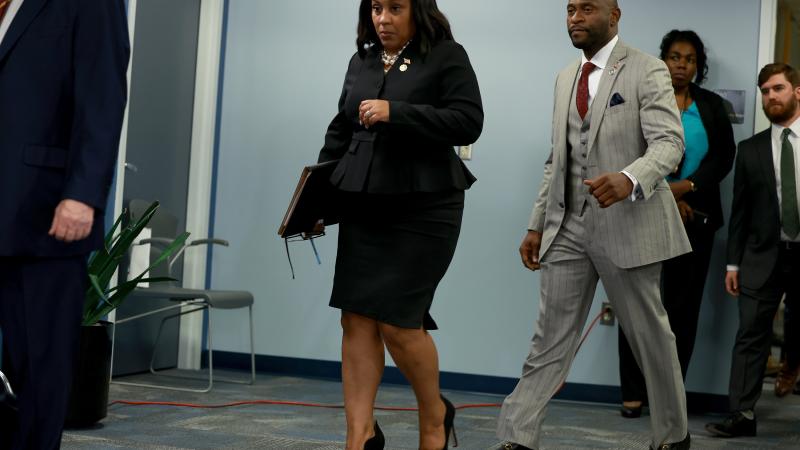Red states ask Supreme Court to limit ATF 'ghost gun' rule
The Supreme Court must decide whether the ATF exceeded its authority by classifying weapons parts as firearms
West Virginia is leading a coalition of 27 GOP states asking the Supreme Court to limit the "ghost gun" ban imposed by the Biden administration.
The ban classifies some weapons parts as firearms and was established in 2022 by the Bureau of Alcohol, Tobacco, Firearms and Explosives. The high court will hear the states' challenge on October 8 in Garland v. VanDerStok, The Washington Examiner reported.
"Here again is an example of how the Biden administration uses bureaucratic agencies, this time the ATF, to act as legislators instead of enforcing the laws Congress passed," West Virginia Attorney General Patrick Morrisey said of the administration's approach.
The coalition argues the ATF exceeded its authority because "Congress has not outlawed weapons parts kits, stabilizing braces, or bump stocks. Nor has it dubbed every person handling a gun a firearms dealer. ATF can’t take these actions in Congress’s place."
U.S. District Judge Reed O'Connor agreed in July that the ATF exceeded its authority. The U.S. appealed to the U.S. Court of Appeals for the Fifth Circuit, which declined to stay the lower court's decision.
The government, seeking a stay, then appealed to the Supreme Court, which voted 5–4 in August 2023 to allow enforcing the rule while legal proceedings continued. Chief Justice John Roberts and Justice Amy Coney Barrett joined the Supreme Court's three liberal-leaning justices in the decision.
A three-judge panel of the Fifth Circuit unanimously struck down the rule in November 2023, and the U.S. appealed, resulting in the pending VanDerStock case.















